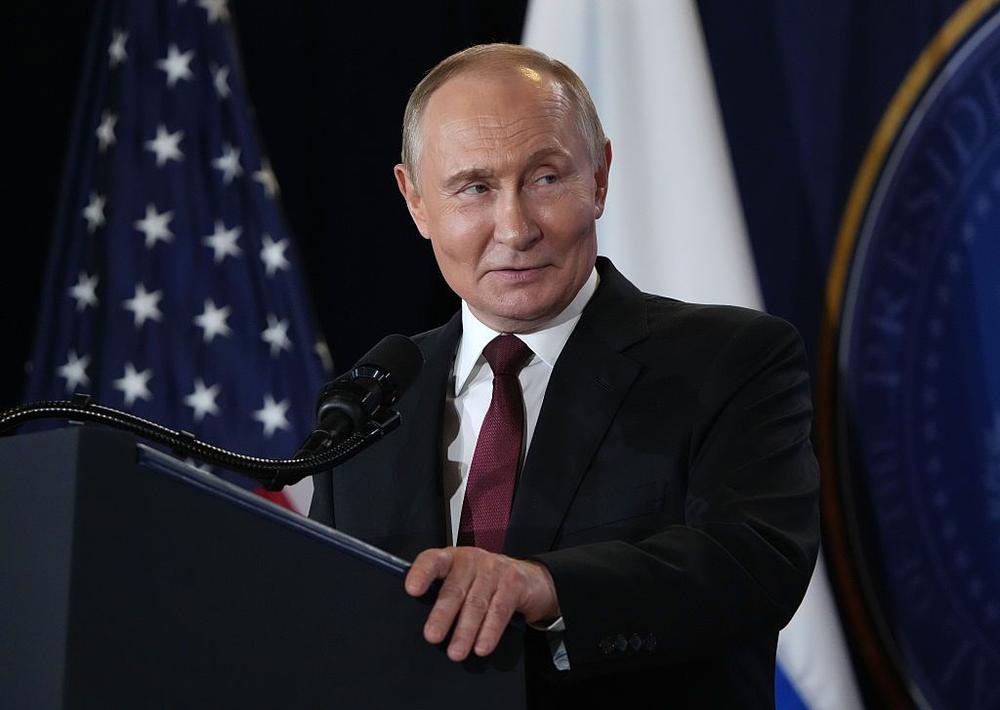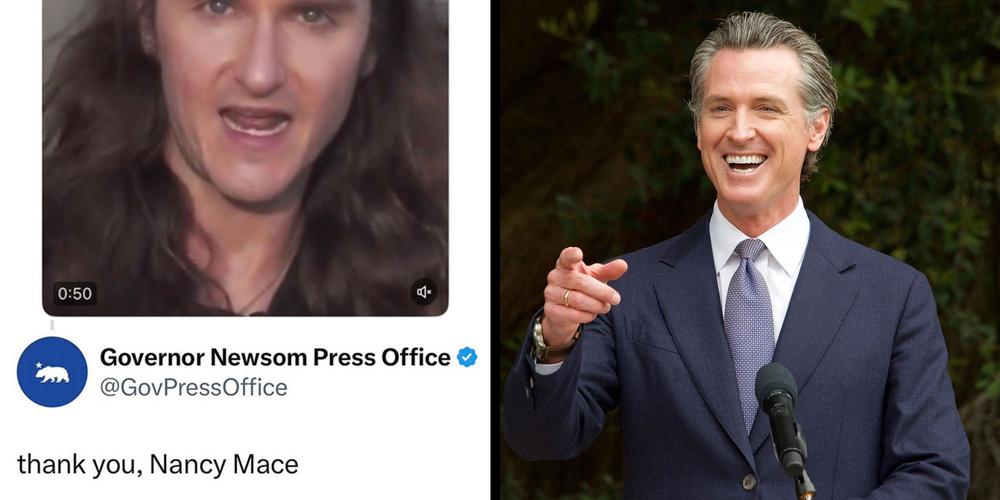Ukraine has long pursued a negotiated end to Russia's war well in its 12th year. But talks have repeatedly collapsed under the Kremlin's ultimatums and maximalist demands.
President Volodymyr Zelensky has been actively seeking a meeting with Russian President Vladimir Putin without preconditions, saying that such a move would have a chance to bring the ongoing all-out war to an end.
By pursuing talks with Putin, experts say Zelensky may be trying to show that the Kremlin has no real interest in serious negotiations — something that would become clear through Putin's statements and demands.
Gustav Gressel, a senior policy fellow at the European Council on Foreign Relations Berlin office, questions whether the Russian president actually would agree to the meeting, adding that it remains unclear what exactly Putin told U.S. President Donald Trump during their phone call on Aug. 18 and "whether or not there were preconditions."
"He talks to keep Trump and the Europeans busy," Gressel told the Kyiv Independent. "As long as Europeans are preoccupied with getting a ceasefire, they will not ramp up their defense industry to fully supply Ukraine. As long as Ukraine only gets a minimum supply, Russia wins."
Political analyst Ihor Reiterovych said that "for Zelensky, it's an opportunity to publicly pressure Putin into making statements that could later be used against him and serve Ukraine's interests."
Experts who spoke with the Kyiv Independent say that even if a meeting between Putin and Zelensky would take place, no one expects meaningful progress to be achieved.
The two sides are too far apart for serious peace talks to actually take place.
Zelensky's evolving stance
Since Zelensky became president, his direct communications with Putin have been limited — just two calls and one face-to-face meeting, all in 2019.
Zelensky and Putin met for the first and only time in Paris, during a Normandy Format summit with the leaders of Germany and France at the table. Behind closed doors, the two then discussed issues that remain relevant today — an all-for-all prisoner exchange and a ceasefire in eastern Ukraine, ravaged by war since 2014.
"After that meeting, Zelensky became convinced that Putin doesn't stick to anything. And Putin, clearly, already had a plan for the attack — a plan to start the (full-scale) war," Olexiy Haran, professor of politics at the Kyiv Mohyla Academy and research advisor at the Democratic Initiatives Foundation, told the Kyiv Independent.
In the spring of 2021, as Russia began massing troops near Ukraine's borders, Zelensky proposed to meet with Putin "anywhere in Donbas," the eastern region comprising Donetsk and Luhansk oblasts Putin now wants Ukraine to surrender, even though Moscow doesn't fully control it.
Putin declined, saying that Russia is not a part of the conflict, and instead invited Zelensky to Moscow. The meeting never happened.
While the venue of the potential talks between Zelensky and Putin has yet to be announced, AFP reported on Aug. 19, citing two undisclosed sources, that Putin has once again suggested Moscow as a location. Zelensky reportedly refused.
As Russia launched its full-scale invasion in February 2022, Zelensky again called for talks. But the revelations of mass atrocities and continued attacks on Ukraine soon hardened his stance.
"He (Putin) expected the government in Kyiv to fall within 2–3 days. Why would he want to meet with Zelensky?" said Haran. "I think, even now, that doesn't really fit with his overall approach."
After Russia illegally declared four Ukrainian oblasts — Donetsk, Luhansk, Zaporizhzhia, and Kherson — as its own, Zelensky ruled out talks with Putin, saying negotiations were only possible with "a different Russian president."
He insisted that talks could only begin after a full Russian withdrawal from Ukraine. Zelensky also tied future negotiations to Moscow's acceptance of the document based on the "peace formula," a widely publicized Ukrainian plan that has since been forgotten.
Zelensky's tone shifted again in 2025, following Trump's return to the White House. Ukraine’s president softened his rhetoric, speaking of a just peace and a diplomatic end to the war.
Gressel believes that Zelensky is eager to meet with Putin to "please Trump and keep U.S. support."
In May, the Ukrainian president made a surprise announcement that he was willing to meet Putin in Turkey. Putin didn't arrive, sending a low-level delegation instead.
By late June, after several rounds of indirect negotiations, Kyiv sought a direct meeting with Putin, insisting that a ceasefire be established first — a proposal Russia has rejected.
Putin's 'game'
Whenever the Kremlin expressed openness to talks, it came with unacceptable ultimatums for Kyiv, such as Ukrainian withdrawal from four partially Russian-occupied oblasts.
Putin also repeatedly dismissed the idea of meeting Zelensky, falsely claiming that Ukraine's president lacks legitimacy. He also cited Zelensky's decree as a ban on talks with Putin and used it as an excuse for avoiding direct talks with Kyiv.
"He (Putin) avoided (to meet the Ukrainian president) since he doesn't see Zelensky as his equal. He sees himself as the great president of a great power — and Zelensky as someone who used to perform on stage," said Reiterovych.
"Russia is stuck in this war and has taken heavy blows from Ukraine. For Putin, meeting with Zelensky would be a form of humiliation."
The expert suggests the sooner the meeting takes place, "the better for Ukraine," because Russia is unlikely to capture major swaths of territory before then.
According to Gressel, Putin is likely to stall negotiations as long as he maintains a military advantage. He tends to engage only when he senses policy in Washington may shift against him, Reiterovych says, referring to Trump's recent anger with Putin and the deadline for a ceasefire later forgotten.
Following a bilateral meeting with Trump, Putin returned without facing the sanctions Trump had long threatened but hadn't enforced.
"Russian strategy is to win by exhausting Ukraine," said Gressel. "Even if he (Putin) loses another million soldiers, at the end, his soldiers will be the last ones standing."
Haran echoes this sentiment, saying:
"For Putin, it's a game as well. A game aimed primarily at Trump."
Note from the author:
Hello there! This is Kateryna Denisova, the author of this piece.

 Google Gemini can now read your Docs aloud
Google Gemini can now read your Docs aloud